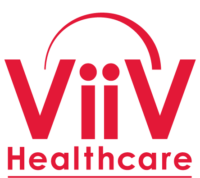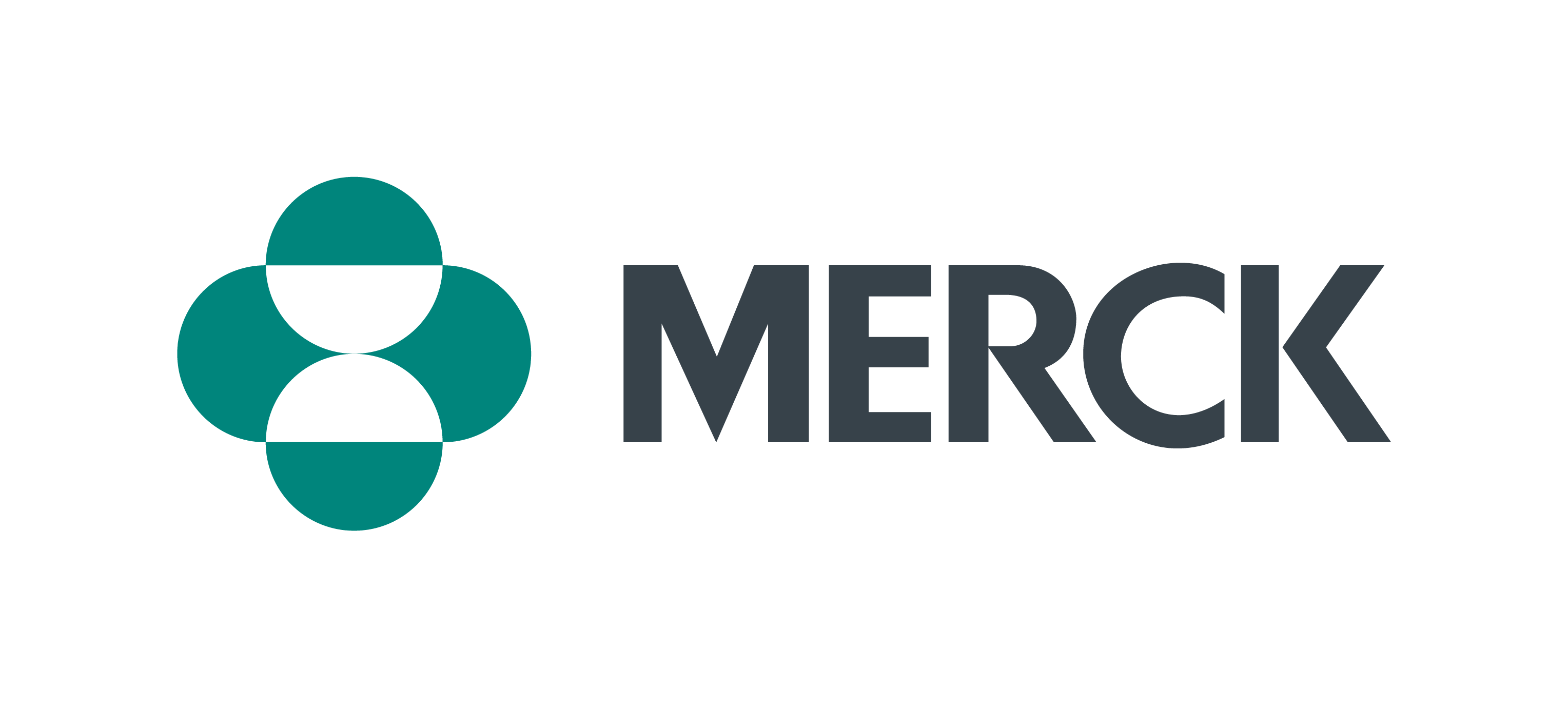Abstract Overview
The 2025 Biomedical HIV Prevention Summit’s agenda converges innovation with the continued need to connect the HIV workforce with effective solutions that increase access to testing, prevention and linkage to care for communities with the highest incidences of HIV/AIDS. The theme for the 2025 Summit is “Innovation and Futurism to End the HIV Epidemic.” NMAC is excited about the topics and committed to training the next generation of HIV frontline workers.
The 2025 Biomedical HIV Prevention Summit (Summit) Program Committee has issued the Call for Abstracts to solicit proposals from people working in the field of HIV/AIDS interested in convening a workshop at the Summit
Abstract Content Development Guidelines
- Read the Abstract Submission Guidelines and view the link to submit
- Start early to meet the abstract deadline (see below).
- Review the Track topics thoroughly, decide which track your topic best fits in, and then pick the topic or program that you are most well-versed in for submission.
- Fully write out acronyms the first time so the reader is aware of the full form.
- For “Learning Objectives”, write what the attendee will learn by attending your workshop.
- Eliminate ambiguous language. Clearly and quickly hit your points and stay on topic.
- Presentation Titles are Limited to 10 words or less.
- Workshop descriptions are limited to 150 words. This description, if accepted, will be used on all official publications.
- Proofread your abstract for grammatical and spelling errors. Reviewers may score lower if they are unable to understand your abstract due to simple errors.
- Have a couple of colleagues read your abstract to ensure it is easy to read and understand.
Abstract Structure
- Abstract Formats
- Format 1: Scientific-Based – For abstracts concerning a specific program, project, or study
- Title: Titles limited to 10 words
- Workshop Description: Describe the purpose of the program, project or study. (limited to 150 words and subjected to edits by NMAC)
- Methods: Briefly describe the methods or strategies used in the program.
- Results: Describe the objective outcomes of the program, project or study. Include quantifiable data, if possible.
- Conclusions: State the conclusions reached as a result of the program.
- Format 2: Community-Based – For abstracts addressing a broader issue area, problem, or community need.
- Title: Titles limited to 10 words
- Workshop Description: Identify the topic of the proposed presentation. (limited to 150 words and subjected to edits by NMAC)
- Issues: Dictating the specific issues, problems or needs it will teach or discuss.
- Learning Objectives: Describe what the audience will learn from the presentation.
- Strategies, Methods, Models, Examples: Provide information about the teaching or discussion strategies and methods that will be employed. Include models or examples, if possible.
- Format 1: Scientific-Based – For abstracts concerning a specific program, project, or study
- Presentation Type: Workshops of 90-minute interactive oral presentations
- Presentation Levels: Should be based on the level of knowledge your attendees need to understand your content
- Presentation Tracks: The 2025 Summit offers 9 tracks and you are only allowed to submit one abstract per track.
Abstract Submission Guidelines
- Do not submit the abstract more than once in the system.
- The submission of “work in progress” is discouraged. When submitting, research abstracts should have their results analyzed and findings completed prior to and included in the abstract.
- Write your Abstract in an app like Word before you enter in the Abstract Submission System.
- We do not accept abstracts from the pharmaceutical industry.
Abstract Evaluation Criteria
- Significance: Significance indicates a study/abstract’s importance, impact, and findings. It is assessed based on the study’s scientific value, intriguing results, and the effect the results might have on future research and standard practices.
- Relevance: The relevance grade indicates the significance of the abstract and research to the conference topics.
- Originality: The originality score indicates how much the information, methods, or results discussed in the abstract are unique, novel, and innovative.
- Credibility: Indicates the level of trust in the information included in the abstract and the research. The credibility of an abstract depends on the credibility and experience of the authors and institutes involved. Credibility is also affected by possible conflicts of interest between the authors and the subject, the trustworthiness of the provided references, and the methodology used.
- Quality: Quality is a score that indicates the quality of writing, construction organization, and the resulting clarity of the abstract text.
- Diversity and Demographics: A grade commonly used as a bonus score to promote diversity and increase the participation of underrepresented populations in the conference. For example, reviewers score abstracts by considering the gender of authors, age, geographical region, and Type of institutes or research-related attributes.
- Overall Assessments: This is a general assessment of the mentor’s impression of the abstract. It is an opportunity for the reviewer to reflect a subjective impression of the abstract’s contribution to the conference.
To ensure you get as many points as possible, please visit the Submission tips and the sample of a well written Abstract.
Faculty Scholarship
Each accepted workshop presentation is awarded one (1) faculty scholarship. This scholarship includes a 2-nights at The Signia by Hilton (room and tax only), round-trip airfare, and complimentary registration. This scholarship can not be split among multiple people. The presentation acceptance form cannot be submitted until the recipient’s scholarship information has been provided.
Abstract Deadlines
Submission: The submission deadline for ALL abstract applications is Monday, February 3, 2025. When preparing submissions, please follow all guidelines outlined in this site and submit required materials on or before the deadline. The committee will notify those accepted as presenters well in advance of the conference dates and send them information concerning all applicable registration and presentation confirmation details.
Notification: NMAC will send notifications for all accepted abstracts on or after Friday, February 21, 2025. Information provided on your submission is NOT confidential and will be shared with a committee that reviews all requests.











